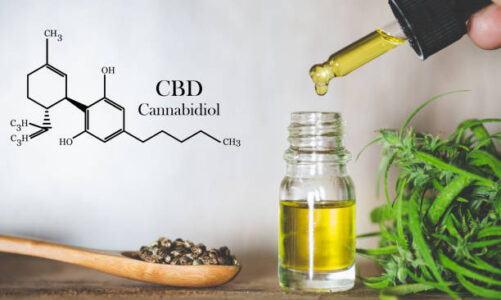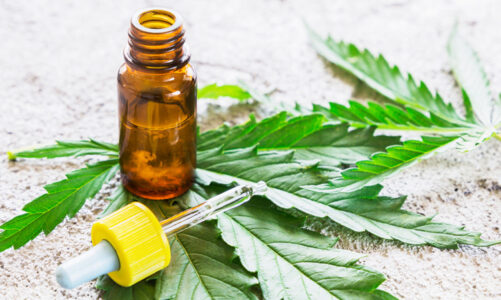1. Limit sugary drinks
Sugary drinks as sodas, fruit juices, and sweetened teas are actually the main source of extra sugars in the American diet plan.
Regrettably, findings from all studies point to sugar sweetened beverages increasing risk of heart problems as well as type two diabetes, even in individuals that aren’t carrying excess body fat.
Sugar-sweetened beverages are usually exclusively unsafe for kids, as they are able to add not merely to obesity in kids but additionally to disorders which often don’t develop until adulthood, including type two diabetes, high blood pressure, and non alcoholic fatty liver disease.
Healthier options include:
water
unsweetened teas
very water
coffee
2. Eat seeds as well as nuts
A number of individuals stay away from nuts since they’re loaded with fat. Nevertheless, nuts as well as seeds are really nourishing. They’re filled with protein, fiber, as well as a number of minerals and vitamins.
Nuts might help you slim down and minimize the danger of developing type two diabetes as well as heart problems.
Furthermore, one big observational study noted that a minimal consumption of nuts as well as seeds was likely connected to a heightened risk of death from heart disorders, stroke, or maybe type two diabetes.
3. Stay away from ultra processed foods
Ultra-processed foods are foods with components which are substantially altered from the classic form of theirs. They often contain additives like added sugar, highly refined oil, salt, preservatives, artificial sweeteners, colors, and flavors as well.
Examples include:
snack cakes
fast food
frozen meals
canned foods
chips Ultra processed foods are highly palatable, which means they’re quickly overeaten, and activate reward related areas of the brain, which may result in excessive calorie consumption as well as fat gain. Research indicate that diets loaded with ultra processed meal is able to add to obesity, type two diabetes, heart disorders, along with other chronic conditions.
Along with quality ingredients that are low like inflammatory fats, added sugar, and refined grains, they are often lacking in fiber, protein, and micronutrients. As a result, they offer generally empty calories.
4. Do not fear coffee
In spite of a bit of controversy over it, coffee is actually packed with overall health benefits.
It is loaded with antioxidants, and several scientific studies have linked coffee consumption to longevity and a reduced risk of type two diabetes, Parkinson’s and Alzheimer’s diseases, and many other ailments.
Probably the most advantageous consumption amount seems to be 3 4 cups each day, though expectant individuals should restrict or even stay away from it totally since it’s been connected to very low birth weight.
Nevertheless, it is better to eat coffee and some caffeine based components of small amounts. Abnormal caffeine consumption could result in health problems as sleeplessness as well as heart palpitations. In order to enjoy coffee in a healthy and safe approach, keep the consumption of yours to under four cups each day and stay away from high calorie, high sugar additives including sweetened creamer.
5. Eat oily fish
Fish is a terrific source of nourishing fat as well as high quality protein. This’s very true of oily fish, like salmon, that is packed with anti inflammatory omega 3 fatty acids and other nutrition.
Research indicate that individuals that consume fish frequently have a lower risk for many problems, which includes heart disorders, dementia, and inflammatory bowel disease.
6. Get sleep that is adequate
The significance of getting adequate quality sleep can’t be overstated.
Very poor sleep is able to acquire insulin resistance, could disrupt the appetite hormones of yours, as well as lower your mental and physical results.
What is more often, poor sleep is among probably the strongest unique risk factors for obesity and fat gain. Those who don’t get rest that is adequate are likely to make food options that are higher in calories, sugar, and fat, possibly leading to unnecessary fat gain.




